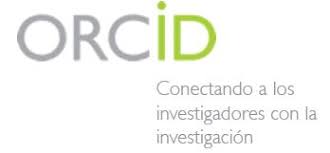EDUCATIONAL ACTIONS FOR RISK PERCEPTION OF CERVICAL CANCER IN ECUADORIAN ADOLESCENTS
Abstract
This article addresses the research results derived from the application of educational actions that contribute to the risk perception of cervical cancer in adolescents from the Health Center No. 6 Guano-Penipe, Parroquia Veloz in the Educational Unit ¨San Felipe Neri¨. (Riobamba, Ecuador). Accordingly, the logical-historical, the analytical-synthetic and the inductive-deductive methods were used. Additionally, a pre-experiment was designed, in combination with other scientific methods (observation, interview, survey, self-assessing scale, document analysis, triangulation). Among the deficiencies found: adolescents have a very low level of risk perception of cervical cancer reflected in the limited knowledge of the subject, the little interest in learning about this disease and some manifestations denoting a negative approach to the possibility of preventing it. The educational actions combined different organizational variants such as; the workshop, video-debate, talks, conferences with digital aids. For their implementation, they were inserted within the framework of the promotion and education activities of the primary health care system. The transformations in the subjects forming the sample indicated considerable knowledge acquisition by the adolescents concerning this disease; greater interest in learning more about the subject and serious reflection on prevention actions.




_(Custom).jpg)



















